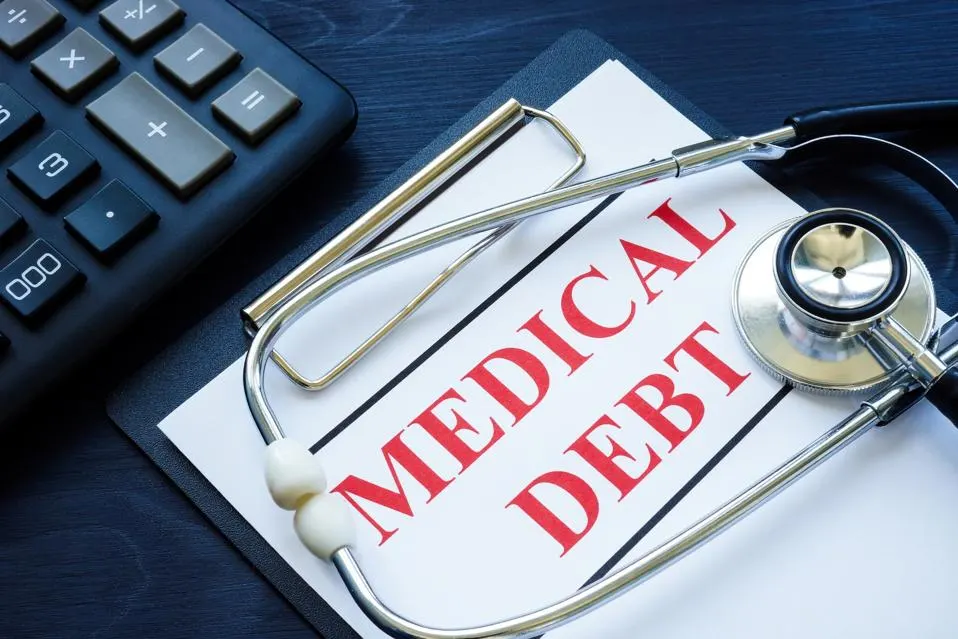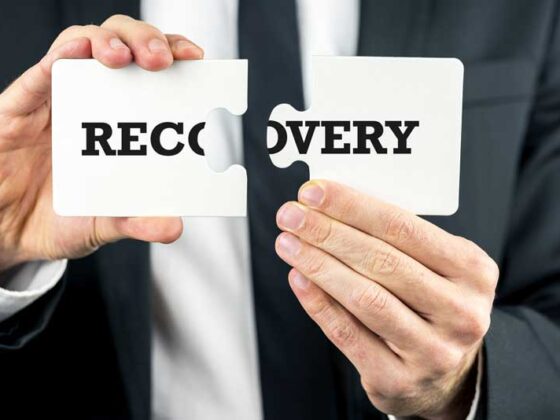The Impact of Medical Bills on Individuals and Households
The impact of medical bills on individuals and households can be profound and far-reaching. For many, unexpected healthcare expenses lead to significant financial strain, with bills quickly escalating into overwhelming debt. This burden can affect all areas of life, forcing people to make difficult choices between paying for medical care and meeting other basic needs such as housing, food, and education. The stress of coping with this debt can also have serious emotional and physical health repercussions, exacerbating the very conditions that required medical attention in the first place.
Understanding Medical Debt and Debt Collectors
Medical debt occurs when patients are unable to pay their medical bills promptly. This type of debt often involves interactions with debt collectors, who play a significant role in the medical debt recovery process. It’s important to understand the legalities and your rights when dealing with debt collectors to protect yourself from potentially aggressive collection practices.
For those unfamiliar with the complexities of medical debt and the role of collectors, reaching out to a knowledgeable resource like J. David Tax Law can provide crucial guidance and support
Seeking Financial Assistance for Medical Debt
There are various financial assistance programs available to help manage medical debt. Eligibility for these programs typically depends on several factors, including annual income. Nonprofit organizations also play a vital role in providing financial aid to those struggling with medical debt. Understanding these options can alleviate some of the financial pressures associated with medical care.
Eligibility Criteria for Financial Assistance
Eligibility criteria for financial assistance programs, especially those aimed at helping with medical debt, can vary widely depending on the program and the organization offering the assistance.
- Income Level: Many financial assistance programs have income thresholds that must be met to qualify. These thresholds are often based on the federal poverty level, and applicants may need to demonstrate that their income is within certain limits.
- Insurance Status: Some programs are designed to help those who are uninsured or underinsured. Applicants may need to show that they do not have insurance, or that their insurance does not cover the necessary treatments.
- Medical Necessity: Assistance might only be available for certain types of medical expenses deemed necessary. Documentation from healthcare providers may be required to prove that the medical treatments for which assistance is sought are essential.
- Residency Requirements: Some programs require applicants to live in a certain geographic area or state. This is particularly common with programs funded by state governments or local charities.
- Disease or Condition Specific Programs: There are numerous assistance programs specifically targeted at patients suffering from particular conditions or diseases. Eligibility for these programs will require a diagnosis of the specific condition.
Options for Medical Debt Relief
Several debt relief programs are designed specifically for medical bills. Debt forgiveness may be a viable option for some, while others might find relief through negotiating and settling debts directly with providers. It’s important to explore all available options to find the best solution for your situation
Is Debt Forgiveness a Viable Option?
Debt forgiveness can indeed be a viable option for those overwhelmed by medical debt, but whether it’s suitable depends on several factors including the policies of the creditor and individual circumstances.
Negotiating and Settling Medical Debts with Providers
- Direct Negotiation: You can directly negotiate with healthcare providers or collectors to reduce the debt amount. It helps to be upfront about your financial situation and any extenuating circumstances.
- Seek Professional Help: Consulting with a financial advisor or a debt counselor can provide guidance on negotiating debt reductions and understanding the ramifications of debt forgiveness. Organizations like J. David Tax Law can offer support and advice on dealing with large or complex debts, including navigating legal and financial consequences.
The Role of Health Insurance in Medical Debt
Health insurance is crucial in managing the costs associated with medical care. However, understanding the coverage and limitations of your insurance plan is essential, as this can significantly affect your financial exposure to medical debts. In cases where insurance coverage is denied or appeals are exhausted, knowing how to respond is crucial.
Cook County’s Efforts Towards Medical Debt Relief
In regions like Cook County, specific initiatives aimed at medical debt relief have shown positive impacts on the community. These programs highlight how targeted efforts can provide substantial relief to individuals facing significant medical debts.
The Importance of Timely Payment and its Effects on Medical Debt
Timely payment of medical bills is crucial to avoid the accrual of additional fees and the risk of debts being sent to collections. Developing strategies for managing and paying medical bills on a monthly basis can help maintain financial stability and prevent the negative consequences of unpaid medical bills.
Understanding and navigating the complexities of medical debt requires careful consideration and often, professional advice. For those struggling with medical debt, consulting with professionals can be an invaluable step towards regaining financial stability.










